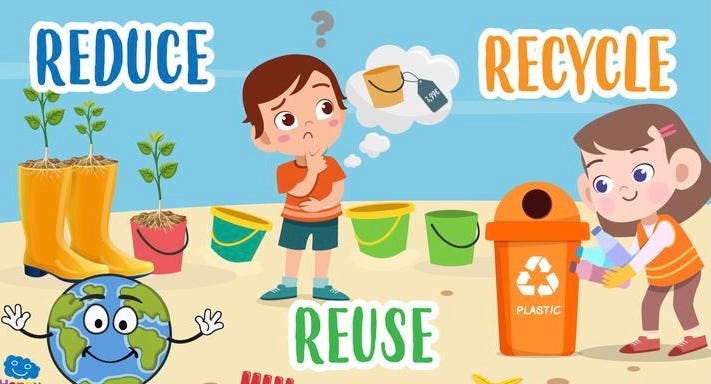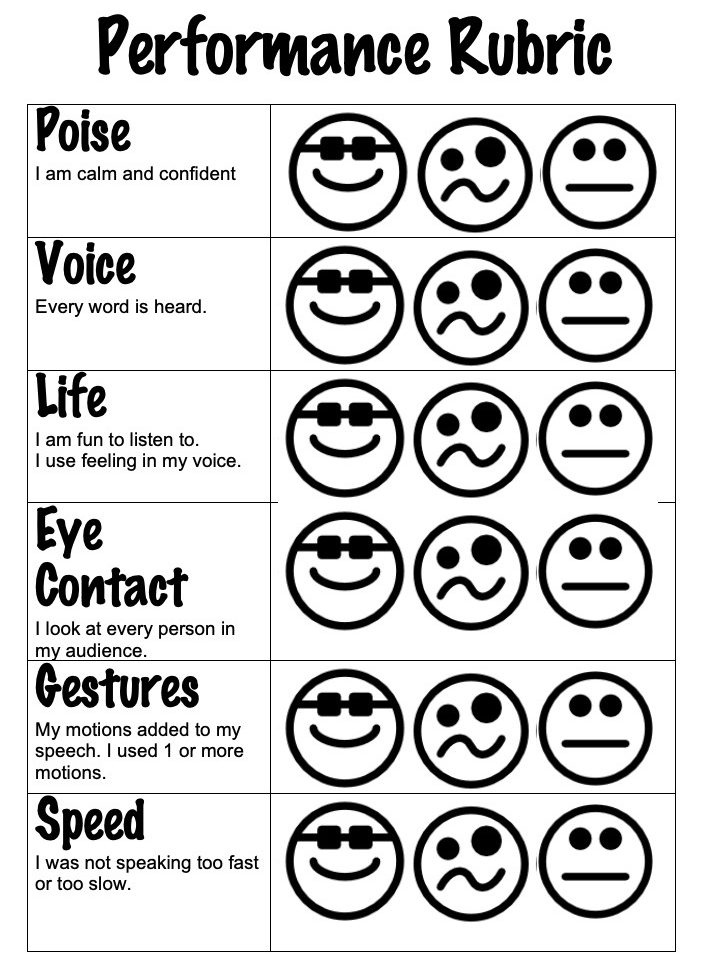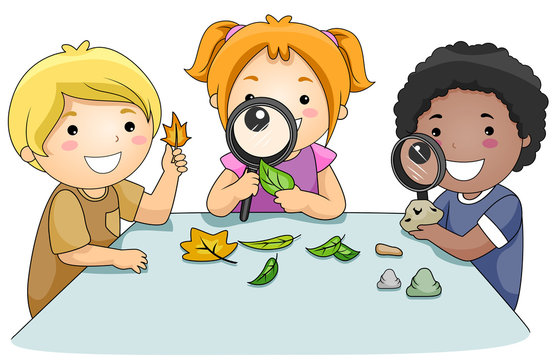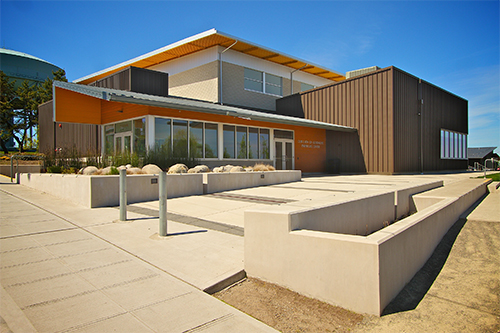Lasting learning is marked with active engagement and exploration and ignites excitement. In First Grade students are always immersed in some pretty thrilling activities in all subjects.
 Reading & Spelling
Reading & Spelling
At OLG, our students experience the power of literacy through exploration of texts and daily development of their skills as readers, writers, speakers, and active listeners. Using the Wonders Reading Program, our focus is on teaching the whole child preparing students to be lifelong learners and critical thinkers. Instruction takes place in large and smaller groups, as well as shared or paired reading.
Our First Graders learn phonemic and phonological awareness, letter sound knowledge, segmenting and blending, as well as high frequency & sight word knowledge. They also develop comprehension of narrative and informational text and focus on spelling and vocabulary development through daily word work. They also learn the habit of independent practice and integrating discipline within it. This way, our OLG students end the school year as independent readers, with improved phonics and reading comprehension skills.
Writing
Through hands on and multi-sensory instruction, children in First Grade learn grammar (naming words/nouns, predicating words/verbs, attributing words/adjectives, adverbs and adverbial phrases and more), mechanics (sentence writing and punctuation), as well as genre writing (personal narrative, fantasy, poetry and informational text). By the year’s end, students will form short paragraphs with three or four sentences or more using capital letters and punctuation, write a range of texts, including narratives, informative texts and opinion pieces, as well as basic short stories. They learn to structure their writing according to the assignment.
While Wonders is also used for writing, through Handwriting without Tears, a developmentally based program designed to progress a child’s fine motor skills along with visual skills through fun and interactive activities, students learn handwriting skills such as correct letter formation and fluency in writing.
Math
Our math instruction methodology is based on Math in Focus, a program which incorporates the widely-used Singapore approach to math. It provides a rigorous standards-aligned math program for students through an emphasis on problem solving skill development. Instruction focuses on developing student understanding of the ‘how’ and ‘why’ behind mathematical concepts. The program introduces new concepts with manipulatives and, for our first graders, extends understanding through pictorial representations.
Students learn to identify, write, count, skip count, order and compare numbers from 0 to 120. They learn to apply concepts such as “greater than”, “less than”, and “equal to”. They are introduced to the idea of place value (1’s, 10’s, 100’s) as they learn to add and subtract two-digit numbers. They start learning about fractions and money; they learn to recognize and apply basic operations to solve word problems; they get to number sentences and equations, and develop the ability to quick recall of basic facts to 10.
As part of math learning, students in First Grade are also taught about measurements and basic geometry. They compare the length, weight and volume of objects and the idea of 2 and 3 dimensional shapes. They measure length using small tools, are introduced to data collection and graphing, the time and calendar, as well as problem solving.
Science
Science is a fun and fascinating subject for our first graders. Through our FOSS Science kits, they get to truly experience science. Instruction is designed with hands-on activities, stories, scientific journaling, individual and group reporting, model animals and so much more. First Grade students at OLG learn more than the basic fundamentals of science. They learn processes such as collecting data and recording observations in writing, pictures and graphs, in addition to the use of scientific tools. Through engaging activities, they learn the Three R’s of Science: Research – Record – Report.
They discover sound and light, air and weather, the difference between living and nonliving things, life cycles and habitats, plants and animals and more. As part of their discovery of science and life, they work with their Sixth Grade peers to study, and raise juvenile salmon in our fish tank for release into the Fauntleroy Creek. Through this project, they not only learn science, but they also learn the importance of caring for the Earth and all living beings, as well as stewardship.
Social Studies
As with science, students in first grade also dive into the basic building blocks of a social studies curriculum. Our inquiry based approach rooted in stories is not only engaging, but it also allows children to learn collective problem solving, while integrating different disciplines through various projects. From a social studies perspective they apply their knowledge of math, and writing, as they also discover art, drama and music.
At OLG, we use Storypath, which offers a structure that allows teachers to organize a hands-on social studies curriculum with engaging activities for students. This instructional strategy is based on the research that children learn best when they are active participants in their own learning. Thus, Storypath uses the basic components of a story—setting, characters, and plot—to organize the social studies curriculum into meaningful and memorable learning experiences. The story structure enables students to become active participants in the development and unfolding of the story’s plot. It also pushes students to apply their knowledge in real settings, while exercising their resourcefulness and imagination. As a result of their experiences, students develop many of the skills and habits of mind required for active citizenship. Take a look at how our first graders get to be fully immersed into their lessons through Storypath.

Religion
The focus of First Grade’s religion program is to now learn to see creation and life as gift. Students strengthen their understanding of their personal relationship with God. They learn about the Holy Trinity, the life of Jesus, the sacraments, the liturgical seasons and the Church. They are also introduced to service stewardship and Catholic social teaching.
They learn about the Catholic faith through participation in liturgical celebrations, projects integrating multiple disciplines, storytelling and music and service projects. They also learn about individual and group prayer and explore the weekly gospel. Instruction is based on The Finding God program, from Loyola Press, which provides us with all the tools to engage the whole child—mind, heart, and soul—uniquely guiding children to engage with Scripture, practice prayer and reflection, and to find God and His love in all things.
Public Speaking

For our first graders, practicing public speaking through games and activities makes speaking and listening fun. Children learn how to form their own opinions, refute opinions they don’t agree with, and practice the basics of confident and clear public speaking.
 Reading & Spelling
Reading & Spelling

